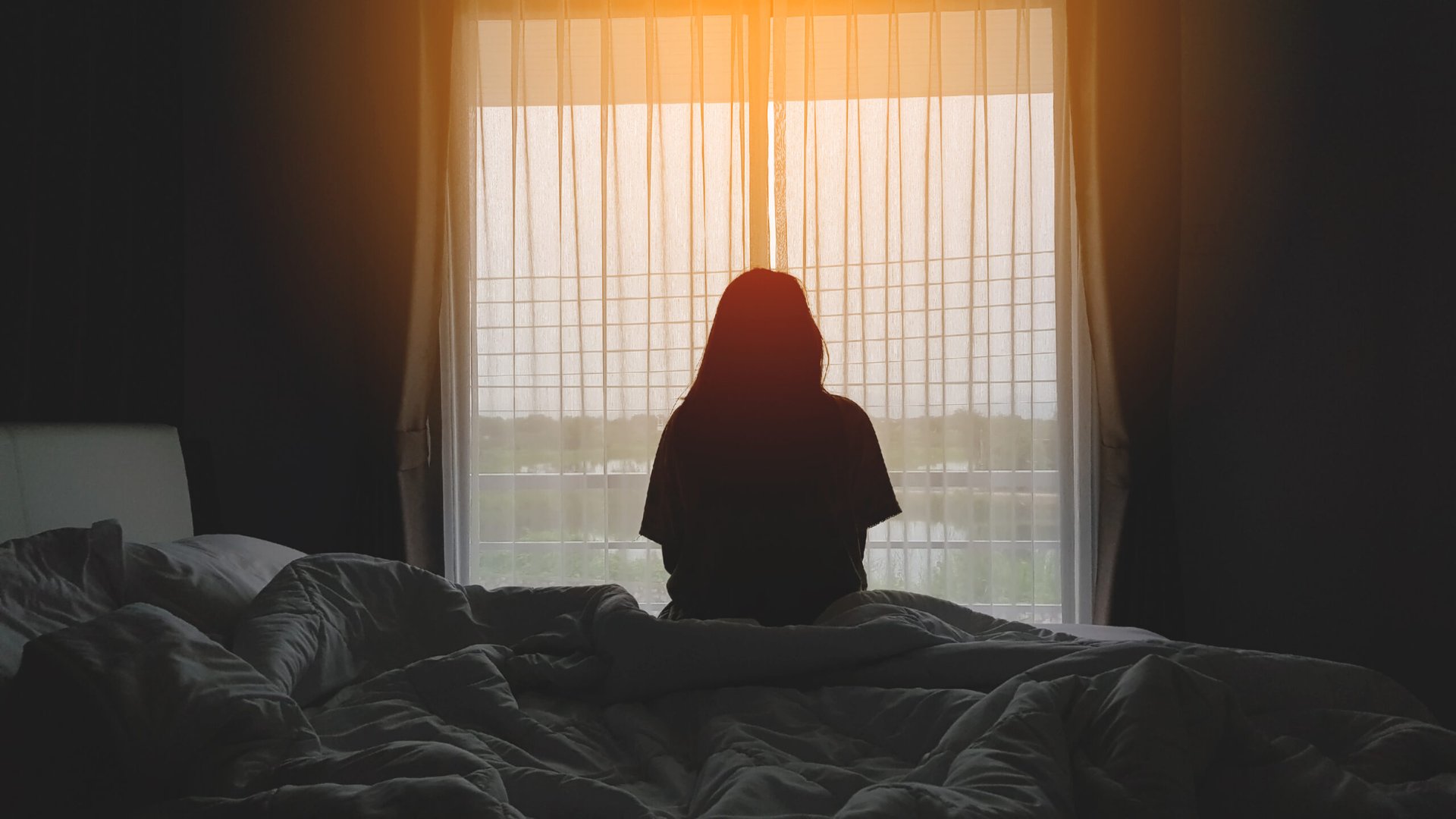
A weekly night out could literally help keep you young.
There’s a correlation between social isolation and accelerated biological aging, according to a recent study of more than 280,000 people by the Mayo Clinic, which was published by the American College of Cardiology.
The research also found a connection between social isolation and a higher risk of death.
To evaluate social isolation, researchers asked study participants about the following aspects of their social lives and then gave each participant a social network index score:
- Belonging to any social club or organization.
- Frequency of participating in social activities per year.
- Frequency of talking on the telephone with family and friends per week.
- Frequency of attending church or religious services per year.
- Frequency of getting together with friends or family in person per week.
- Marital status or living with a partner.
To evaluate how fast a person is aging biologically, researchers looked at the difference between their chronological age (which is what most people traditionally think of as their age) and their biological age. To determine a person’s biological age, researchers used an artificial intelligence-enabled electrocardiogram (AI-ECG) model that estimates the biological age of the heart specifically.
A large gap between biological age and chronological age indicates accelerated biological aging — essentially meaning that a person’s body, particularly their heart, is aging faster than normal.
Researchers found that study participants who had higher social index scores had smaller gaps between their biological and chronological ages, and this held true across all genders and age groups.
They also found that a low social index score was “significantly” associated with a higher chance of death.
Approximately 5% of participants died during the two-year study follow-up period, and those with the lowest social index scores had the highest risk of death.





Add a Comment
Our Policy: We welcome relevant and respectful comments in order to foster healthy and informative discussions. All other comments may be removed. Comments with links are automatically held for moderation.